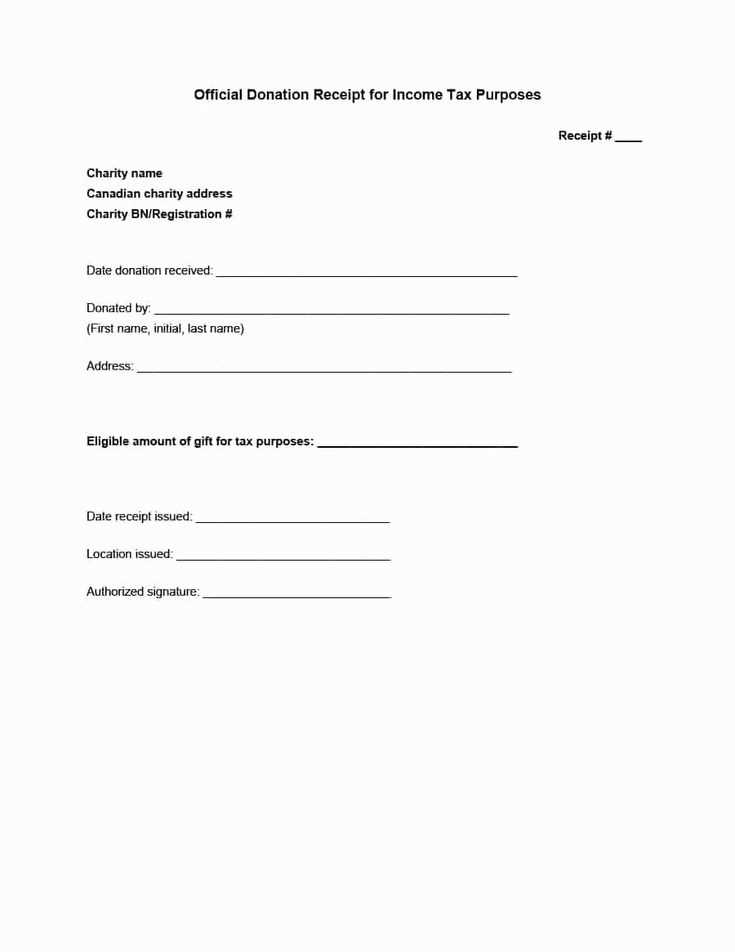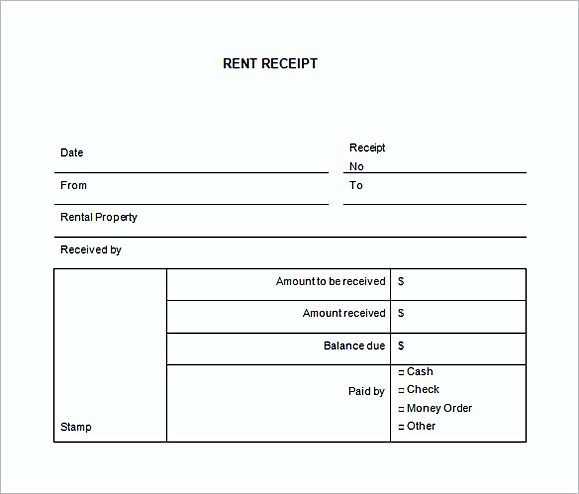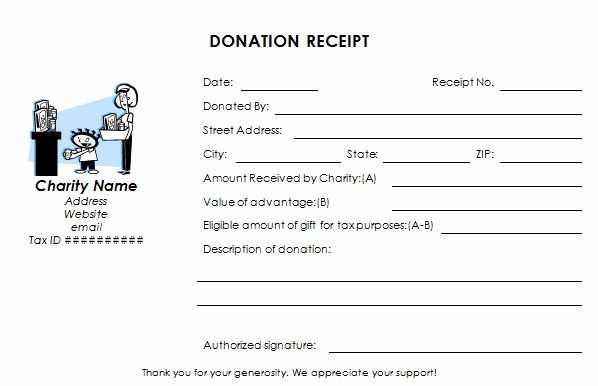
Receipt SignatureAnswer in chat instead
Receipt with Signature Template
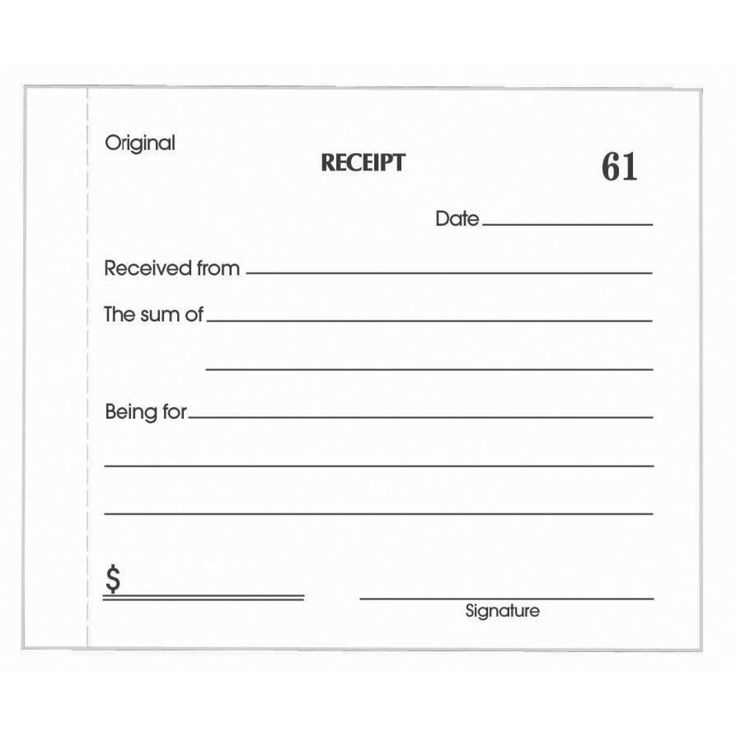
Key Elements to Include in a Signed Receipt
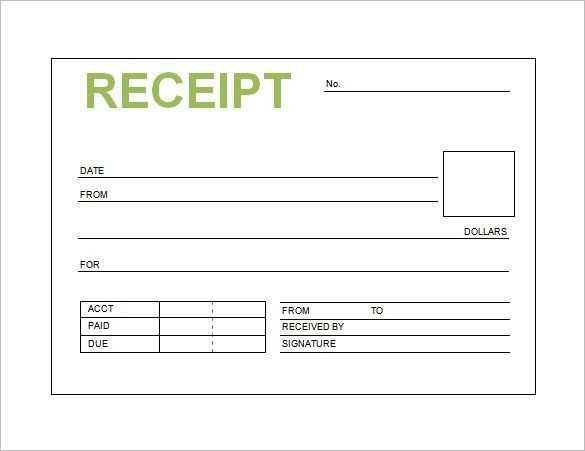
1. Date and Time: Clearly state when the transaction occurred. This helps verify the validity of the receipt.
2. Buyer and Seller Details: Include full names, addresses, and contact information of both parties.
3. Description of Goods or Services: Specify what was purchased, including quantity, condition, and any relevant identifiers.
4. Payment Information: Mention the amount paid, payment method, and any outstanding balance if applicable.
5. Unique Receipt Number: Assign a unique identifier for tracking and record-keeping.
6. Terms and Conditions: If applicable, outline return policies, warranties, or service agreements.
7. Signature Section: Provide designated spaces for both the buyer and seller to sign. A handwritten or digital signature confirms mutual agreement.
How to Create a Legally Binding Receipt with Signature
Use Clear and Concise Language: Avoid vague terms and ensure all details are easily understood.
Ensure Proper Identification: Verify the identity of the parties involved to prevent disputes.
Specify Payment Confirmation: Include a statement acknowledging receipt of payment in full or a deposit.
Obtain Signatures: Both parties must sign the document. If using a digital signature, ensure compliance with local e-signature laws.
Keep a Copy: Provide a duplicate to both parties for future reference.
Best Formats and Tools for Designing a Signed Receipt
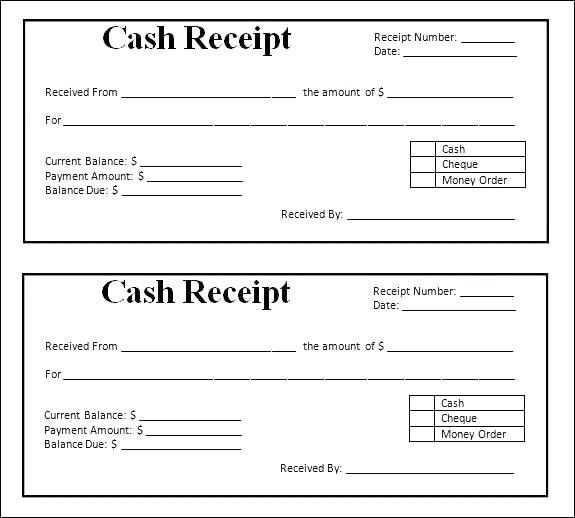
PDF Templates: Use pre-designed templates for easy customization and professional presentation.
Word Processors: Microsoft Word and Google Docs offer customizable receipt templates with signature fields.
Spreadsheet Software: Excel and Google Sheets allow for structured data entry and easy calculations.
Online Receipt Generators: Platforms like Zoho Invoice and Wave provide automated receipt creation with e-signature options.
Digital Signature Tools: Services like DocuSign and Adobe Acrobat enable legally binding electronic signatures.
